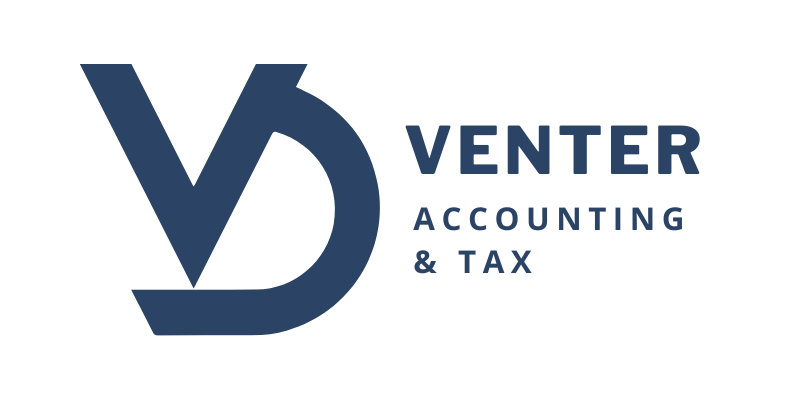Key Tax Insights for Entry into Canada for Immigrants
Dreaming of starting fresh in Canada? With its stunning scenery, safe communities, and strong economy, it's a top choice for families and business owners worldwide. But here's a heads-up: Canada's tax rules can catch you by surprise, especially if you're coming from a place with lower taxes. Unlike some countries that only tax local earnings, Canada taxes your worldwide income once you're a resident. Don't worry, smart planning can cut your tax bill and make your move smoother.
What Is Tax Residency? It's Not the Same as Your Visa
Your immigration papers (like a work permit or permanent resident card) don't automatically decide your taxes. Tax residency is about where your life is really based. Here's the basics:
No Set Rule in Canadian Tax Law: It's decided by your everyday ties, like where your home, family, bank accounts, or friends are.
The 183-Day Trap: Spend 183 days or more in Canada in one year? You're considered a resident for taxes that year.
Help from the Tax Agency: Check their guide (Folio S5-F1-C1) for "big ties" (like your spouse living here) and "small ties" (like a local gym membership).
Even if you're a citizen, you might not pay Canadian taxes if your main life is abroad. Strong ties elsewhere can keep you as a non-resident.
What Happens When You Become a Tax Resident?
Once Canada sees you as a resident, your taxes change big time:
Taxes on Everything Worldwide: Tax on all global income at marginal tax rates (Federal and Provincial tax rates apply).
Fake "Sale" of Your Stuff: When you arrive, some assets (like public stocks or foreign homes) are treated as sold at current value, so you pay tax on gains made before moving. (Skip this for Canadian real estate or certain pensions as exceptions may apply.)
Tell Them About Foreign Stuff: If your overseas assets are worth over $100,000 CAD, file Form T1135 each year or face penalties.
Real Estate Rules: Watch out for bans on foreign buyers, the 1% Underused Housing Tax on empty homes (since 2022, with updates in 2025 for compliance), and extra fees like B.C.'s 20% transfer tax or up to 3% vacancy taxes in Vancouver or Toronto.
Key Suggestion: Before you pack, get your assets valued. Sell and buy back rising investments in your home country to reset the "gain" clock and save on future taxes.
Easy Planning Steps to Save Money
Start thinking taxes 6 to12 months before your move. These simple ideas, straight from 2025 tax rules, can help big time:
Pin Down Your Start Date: At Venter Accounting & Tax we can provide a series of onboarding questions to help determine when you become or became a resident of Canada to assist with tax planning. Please contact dave@venter.ca for more details how to determine when you become a resident of Canada for tax purposes.
Report Overseas Assets: If overseas/foreign property exceeds $100,000 CAD, file Form T1135 annually; use the simplified method if under $250,000 to ease compliance.
Apply for Benefits Early: If applicable, qualify for refundable credits like the GST/HST credit or Canada Child Benefit by filing returns, even with no income.
Deal with Investments Abroad: Sell losing investments before arriving to cancel out gains. If you have U.S. funds, ask about special rules to avoid extra taxes.
Restructure Assets: Allocate to non-resident family or use offshore trusts (avoid Canadian control); exercise stock options abroad to defer taxes (cross border planning involved with country of origin).
Claim Everyday Savings: Deduct things like your spouse's support, daycare costs, doctor bills, or the $10,000 first-time home buyer's credit to lower what you owe. Plus, max out RRSP contributions for tax breaks.
These can add up to thousands in savings. If you arrive in 2025, file your first return by April 30, 2026 (or June 15 if self-employed).
Watch Out for These Common Mistakes
Mixing up your visa with tax status (like families who jet back and forth and get audited, commonly known as “satellite” or “astronaut” families).
Forgetting province-specific taxes or ignoring anti-avoidance rules.
Skipping tax audits, new arrivals often get extra checks from the tax agency.
Ready for Your Move? We can Help you Plan!
Moving to Canada is exciting, but getting taxes right from the start makes it even better. For custom advice that fits your story, please reach out to dave@venter.ca. Let's make your transition tax-smart and stress-free!
Disclaimer: This article is for informational purposes only and does not constitute professional tax advice. Tax laws, benefits, and regulations change frequently; the information here reflects rules as of October 2025 but may not be current. We strongly recommend consulting a qualified tax advisor or accountant for the most up-to-date and personalized guidance tailored to your specific circumstances.

